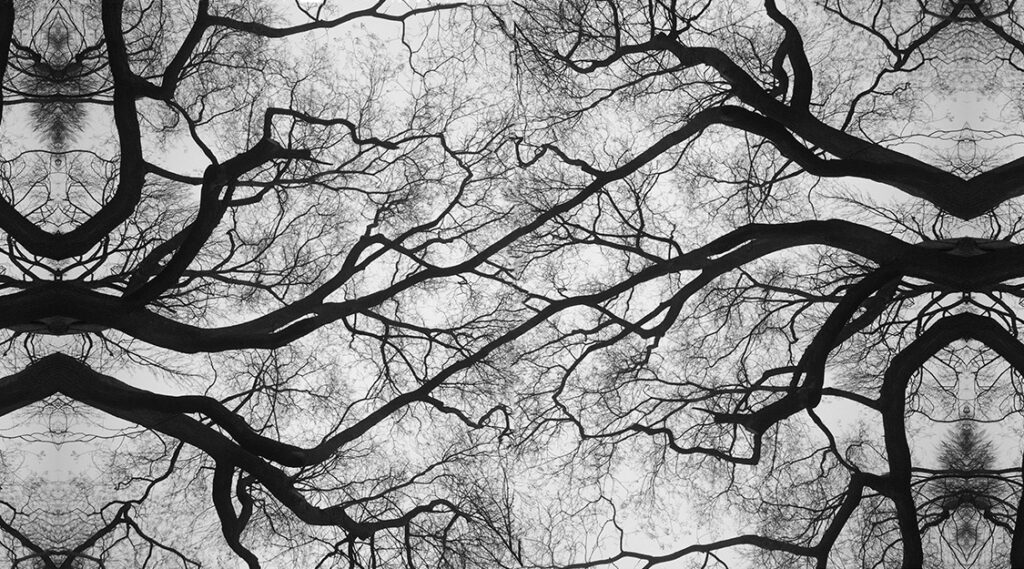What is a Laboratory, that Cybernetics need escape it?
Sunday, Sep 21, 2025 12:00 PM EDT
How might we incubate Cybernetics as a living response to today’s wicked challenges?
Can a laboratory instigate a world-wide experiment?

Abstract
Our 2025 ASC Speaker Series opens with a yearly tradition of touring recent activities of the #NewMacy Initiative. The session’s primary focus is, What could it mean to bring Cybernetics alive in a “laboratory” context, given its core ontology of “acting with the world” (ala Pickering), acting-to-know (ala von Foerster), and the chasm between academic settings and situations in the world? What form may collaborations take across organizations to enable “praxis-sourcing” for the organic evolution of the “genetic material” of Cybernetics? The fundamental premise is that Cybernetics must “act with the world” to both be Cybernetics and to help bring about what we desire—and then, why a Laboratory at all?
But first, the session begins with Merve Şahin’s review of ASC and #NewMacy’s contribution to the RSD14 conference’s theme Arcs of Impact, comprising a day of online sessions on October 12th, 2025, organized under the sub-theme, Ecologies of Knowing.
Further Details
The Laboratory for Cybernetics (Lab4C) at Carnegie Mellon University was launched in January 2025 with a new course and focused projects, including the recently awarded #NewMacy Cybernetics Prize for Best Design Proposal, with its focus on responding to “wicked challenges.” As a laboratory, Lab4C’s mission is to foster experimentation and boldness in domains and concerns of the students themselves. Its “lab equipment” is a nascent repository of concepts and materials, models and methods, complemented by an online platform for networking and collaborating whereby student-scholars may identify in-world practitioners for collaboration (but not “mentoring”).
Yet Lab4C’s core intention sits at the edge of audacity in its desire to facilitate a global consortium that works to “flip the script” of “gain of function” research—evolving the “genetic material” of Cybernetics across multiple organizations (academic, non-profit and NGO, corporate and governmental) to improve the effectiveness of Cybernetics in addressing the most pressing and intractable challenges of our time. There is a growing conversation across these organizational boundaries that holds promise for an evolution of design education that embraces “ontological design” and “critical making.”
Participants’ Bios
Paul Pangaro is Director of the Laboratory for Cybernetics at Carnegie Mellon University and current President of the American Society for Cybernetics. His CMU page is here; his personal site is pangaro.com
Merve Şahin is a PhD candidate in the Visual and Performing Arts program at the University of Texas at Dallas and a Graduate Fellow at the Edith O’Donnell Institute of Art History. Merve was awarded the Fulbright Grant in 2018 to attend San Francisco Art Institute (SFAI). Merve is an organising member of the Art, Media, and Cybernetic Working Group that investigates the intersection of cybernetics, art, and science, building on the disciplines’ collective roots in mid-20th-century movements and exploring how cybernetic thought influences contemporary art and media in today’s ecological contexts. Recently at the ASC Speaker Series, she presented an excerpt from her doctoral research on Gordon Pask’s Course Assembly System and Tutorial Environment (CASTE) as planned in Edwin Schlossberg’s Learning Environment at the Brooklyn Children’s Museum.




